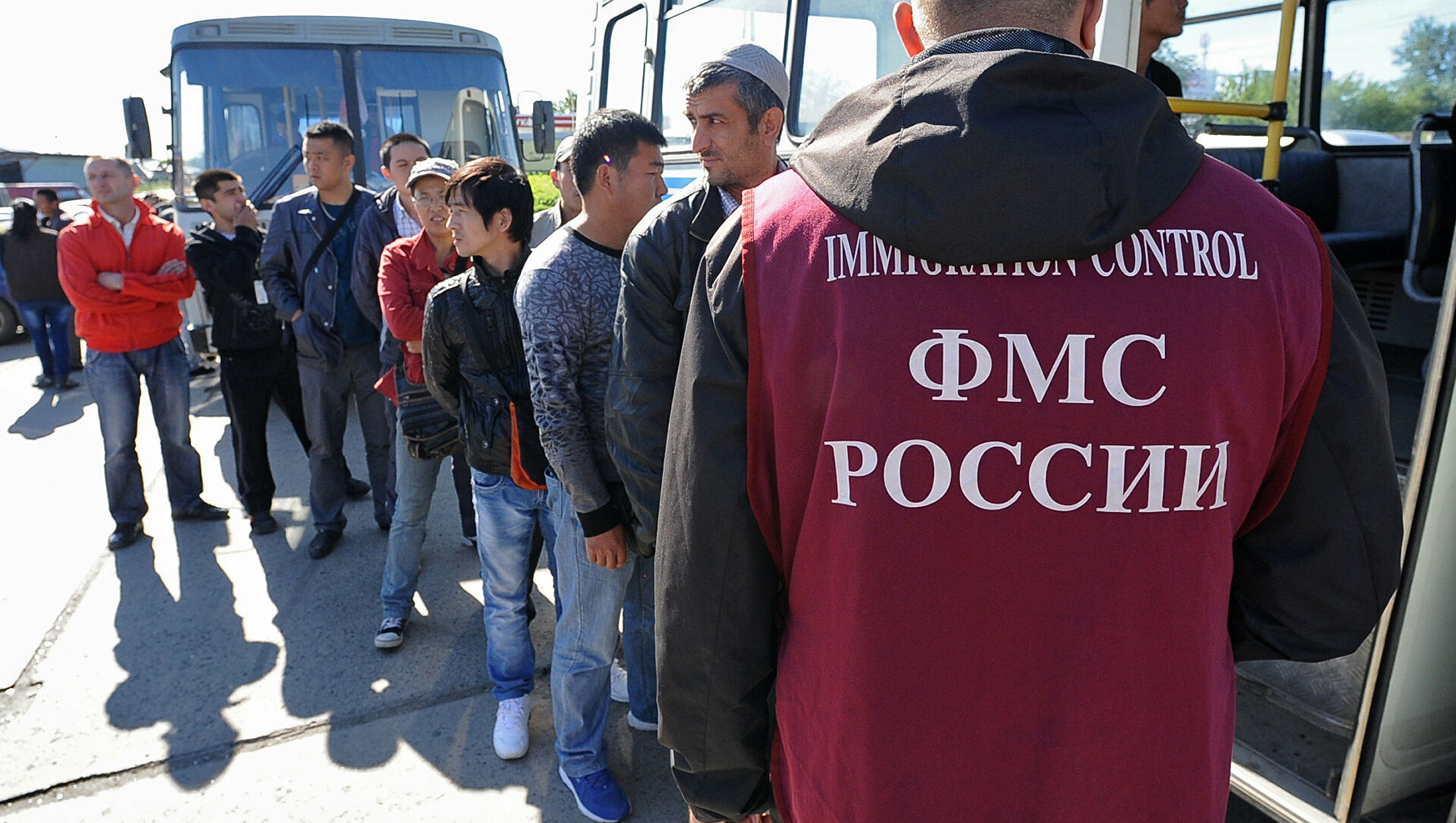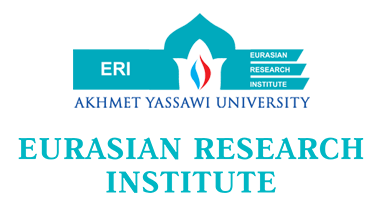Page 25 of 97
Humanities and Culture Projects: Support and Funding
The issue of supporting and funding cultural and humanitarian research, projects, and programs has been and remains challenging for many countries. The essence of humanitarian and cultural activities is that they do not generate significant income, do not lend themselves to commercialization as techno-logical or natural science branches of knowledge. […]

Tags: Culture
July 19, 2021
Georgia, Moldova and Ukraine: Not In the Commonwealth Of Independent States Any More, Not In the European Union Yet
Since recently, Moldova, Ukraine and Georgia have been engaging in active mutual cooperation in their pursuit of European integration. All three states signed their respective association agreements with the “European Union (“EU”)” in 2014. On June 24, the Ministers of Foreign Affairs of the three countries held meetings with the […]

Tags: Foreign Policy, Politics
International Nuclear Politics: Why Do Countries Want To Have Nuclear Weapons?
Any weapon that creates an explosion as a result of the release of energy by a chemical reaction of atomic nuclei through fission, fusion, or the mixing of both is generally called a nuclear weapon. The first use of nuclear weapons in international relations was realized by the United States […]

July 8, 2021
A Brief Review on Youth Policy of the Republic of Kazakhstan
As of today, the population of Kazakhstan, which is approaching 19 million, has an average age of 30.7 recorded in 2020. With this average, almost half of the population of Kazakhstan, which ranks 114th in the world, is under the age of 29. The ratio of the population be-tween the […]

Tags: Kazakhstan, Politics
July 3, 2021
Current Status and Expectations of Tourism in Kyrgyzstan
Kyrgyzstan has the potential to be one of the important tourism centers among Central Asian countries with its natural beauties, historical and cultural richness. One of these opportunities is nature tourism. Due to its mountainous terrain where the Tian Shan Mountains cover 65% of Kyrgyzstan’s land it is often referred […]

Tags: Economy, Kyrgyzstan
June 23, 2021
Asya Avrupa No: 63
Kıymetli okuyucularımız, Hoca Ahmet Yesevi Uluslararası Türk-Kazak Üniversitesi Avrasya Araştırma Enstitüsü adına saygılarımı sunuyorum. Her zaman olduğu gibi bu sayımızda da, Enstitü ekibinin bir ay süren bir çalışma sonucunda hazırladığı yoğun bir içerik ile huzurunuzdayız. Bölgenin nabzını tutan analizlerimiz yanında Enstitümüz tarafından ay içinde düzenlenen etkinliklerimizin haberlerini de dergimizde bulabilirsiniz. Ayrıca […]

June 21, 2021
The Refugee Deal between Turkey and the European Union: Request to Renew the Deal
The conflict between the regime forces and the opposition that took place in Syria in 2011 turned into a civil war, causing one of the largest migration flows in recent history. Millions of Syrians, who are forced to leave their homes for security reasons, migrate to safe areas within the […]

Tags: European Union, International Relations, Turkey
June 17, 2021
Studying the Public Perception of Climate Change and Environmental Issues in Kazakhstan
One of the global factors that determine the main vectors of global development in the 21st century will be climate change. Concerns about the adverse effect of human activity on the environment and notable shifts in the global climate started to rise by the end of the 20th century. Currently, […]

Tags: Kazakhstan
June 10, 2021
Implications of Pandemic for Labor Migrants of Tajikistan
The pandemic created significant challenges for the movement of people. When governments were forced to ban international travels in order to prevent the outbreak of COVID-19, migrants became among the most affected by the consequences of such restrictions. Tajikistan, with its high dependence on labor migration to Russia, unfortunately, turned […]

Tags: Economy, Tajikistan
June 9, 2021
Sadyr Japarov’s Era in Kyrgyzstan: An Evaluation on Foreign Policy and Economic Developments
The constitutional amendment referendum and local council elections (kenesh) were held together in Kyrgyzstan on April 11th 2021. According to the Kyrgyzstan Central Election Commission (CEC), while 1.295.096 people (39.09%) voted in the local council elections, 1.338.717 people (37.12%) voted for the referendum in 2.483 ballot boxes throughout the country. […]

Tags: Foreign Policy, Kyrgyzstan
Page 25 of 97
